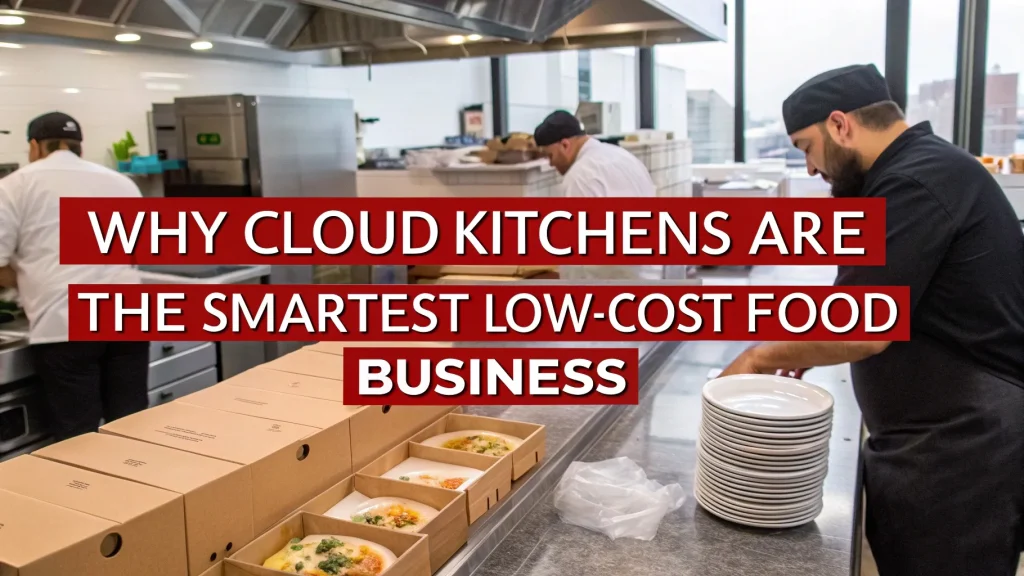Bamboo charcoal has emerged as a revolutionary product that serves multiple industries due to its high absorbency, sustainability, and versatility. With rising environmental awareness and the global shift toward eco-friendly products, starting a bamboo charcoal manufacturing business has become a lucrative and impactful entrepreneurial opportunity. Entrepreneurs with a vision for green innovation are tapping into this booming market, not only for its profitability but also for its sustainability advantages.
The Rising Potential of Bamboo Charcoal Manufacturing
Bamboo charcoal manufacturing is the process of converting bamboo into carbonized charcoal using controlled heating techniques. Unlike traditional wood charcoal, bamboo charcoal is known for its higher porosity, making it extremely effective in applications like air purification, water filtration, soil enhancement, cosmetics, and health care products.
The business landscape for bamboo charcoal is rapidly expanding due to growing consumer preferences for natural and biodegradable alternatives. Countries like India, China, Japan, and several Southeast Asian nations are driving this demand. As a renewable resource that grows quickly without the need for pesticides or fertilizers, bamboo is one of the best raw materials for sustainable manufacturing practices. The bamboo charcoal manufacturing industry is a low-waste, high-return business that entrepreneurs can start on a small scale and scale up rapidly.
Why Bamboo Charcoal?
One of the key reasons for the popularity of bamboo charcoal is its multipurpose utility. It is used in:
- Purification: Due to its porous structure, it acts as a natural filter in air purifiers and water filtration systems.
- Health and Beauty: Activated bamboo charcoal is used in face masks, soaps, and dental products due to its detoxifying properties.
- Agriculture: Enhances soil quality by improving water retention and regulating nutrients.
- Textile Industry: Used in odor-resistant fabrics and clothing materials.
- Fuel and Cooking: Bamboo charcoal briquettes burn longer and cleaner, ideal for domestic and commercial use.
This extensive utility of bamboo charcoal provides diverse income streams for manufacturers.
Steps to Start a Bamboo Charcoal Manufacturing Business
Market Research and Planning
Before launching the business, conduct thorough market research. Understand your target audience—whether it is the cosmetic industry, agricultural suppliers, or water purifier companies. Evaluate local and international competition, pricing strategies, and market gaps. A detailed business plan including investment, machinery cost, manpower, raw material sourcing, and marketing strategy is crucial for a successful launch.
Licensing and Registration
Register your bamboo charcoal manufacturing business as an MSME (Micro, Small, and Medium Enterprise) in India to avail of government schemes and subsidies. Obtain necessary licenses such as a Pollution Control Board certificate, Factory License, GST registration, and Trade License.
Choosing the Right Location
Select a site near bamboo-growing regions to minimize raw material transportation costs. Ensure that the factory space has proper ventilation, fire safety equipment, storage area, and waste management facilities.
Procurement of Machinery and Equipment
You will need the following machinery:
- Bamboo cutter
- Carbonization kiln or retort
- Crushing and sieving machines
- Briquette machine (if producing charcoal briquettes)
- Packaging machine
Depending on the scale of operations, you can choose between batch-type or continuous-type carbonization kilns.
Raw Material Sourcing
Secure a reliable supply of mature bamboo—preferably from local bamboo farms or forest contractors. Some popular bamboo species for charcoal production include Bambusa vulgaris and Dendrocalamus strictus.
Manufacturing Process
The bamboo charcoal manufacturing process typically involves:
- Harvesting and drying: Bamboo is harvested and sun-dried to reduce moisture content.
- Carbonization: Bamboo is placed in a kiln at high temperatures (400–700°C) under low oxygen conditions. This step converts it into charcoal.
- Crushing and screening: The charcoal is crushed into fine particles and sieved to ensure uniformity.
- Activation (optional): For high-end products, the charcoal undergoes steam or chemical activation to enhance absorbency.
- Briquetting (optional): Crushed charcoal is mixed with binders and pressed into briquettes.
- Packaging and labeling: Pack the final product based on market requirements (powder, granules, briquettes).
Marketing and Sales
Promote your bamboo charcoal manufacturing business through online and offline channels. Build partnerships with health product retailers, organic farming cooperatives, industrial distributors, and e-commerce platforms like Amazon and Flipkart. Participation in trade expos and green product fairs also enhances visibility.Investment and Profit Margin
Setting up a small-scale bamboo charcoal manufacturing unit may require an initial investment of ?10 lakhs to ?30 lakhs, depending on the automation level. Operating costs include raw materials, electricity, labor, transportation, and maintenance.
The profit margin in bamboo charcoal manufacturing can range from 20% to 40%, especially if you cater to niche markets such as activated charcoal for cosmetics or export-grade briquettes. With proper branding and strategic marketing, the return on investment (ROI) can be achieved within 1–2 years.
Challenges and Risk Management
Every business comes with challenges, and bamboo charcoal manufacturing is no exception:
- Raw Material Scarcity: Ensure contracts with bamboo suppliers for consistent input.
- Pollution and Environmental Compliance: Follow eco-friendly carbonization techniques and adhere to pollution control norms.
- Quality Control: Maintain consistent quality in terms of carbon content, particle size, and moisture level.
- Market Competition: Differentiate your brand by highlighting sustainability, certifications, or product versatility.
Addressing these challenges through robust planning and monitoring systems can keep your business on a path of stable growth.
Future Prospects
With increasing demand for sustainable alternatives, bamboo charcoal manufacturing is poised for exponential growth. The global bamboo charcoal market is projected to expand significantly in the coming decade due to its rising use in home care, skincare, and industrial applications. India, with its abundant bamboo resources and low labor costs, is well-positioned to become a leading exporter of bamboo charcoal products.
Entrepreneurs entering this space today are not just building businesses—they’re contributing to a circular economy and promoting eco-conscious living. Incorporating R&D and product innovation will allow manufacturers to stay ahead of the curve and explore new applications of bamboo charcoal in emerging markets.
Conclusion
Starting a bamboo charcoal manufacturing business is a promising and impactful entrepreneurial venture. It combines the twin advantages of profitability and sustainability, offering wide-ranging applications across various industries. From air purification to agriculture and cosmetics, bamboo charcoal continues to revolutionize how we approach clean living and eco-friendly products.
By investing in quality production, strategic partnerships, and effective branding, entrepreneurs can tap into the growing demand and create a thriving business. Whether you start small or aim for large-scale manufacturing, the bamboo charcoal manufacturing industry offers a green pathway to success.
Visit the page Select and Choose the Right Business Startup for You for sorting out the questions arising in your mind before starting any business and know which start-up you can plan. We, at NPCS, endeavor to make business selection a simple and convenient step for any entrepreneur/startup. Our expert team, by capitalizing on its dexterity and decade’s long experience in the field, has created a list of profitable ventures for entrepreneurs who wish to diversify or venture. The list so mentioned is updated regularly to give you a regular dose of new emerging opportunities.




